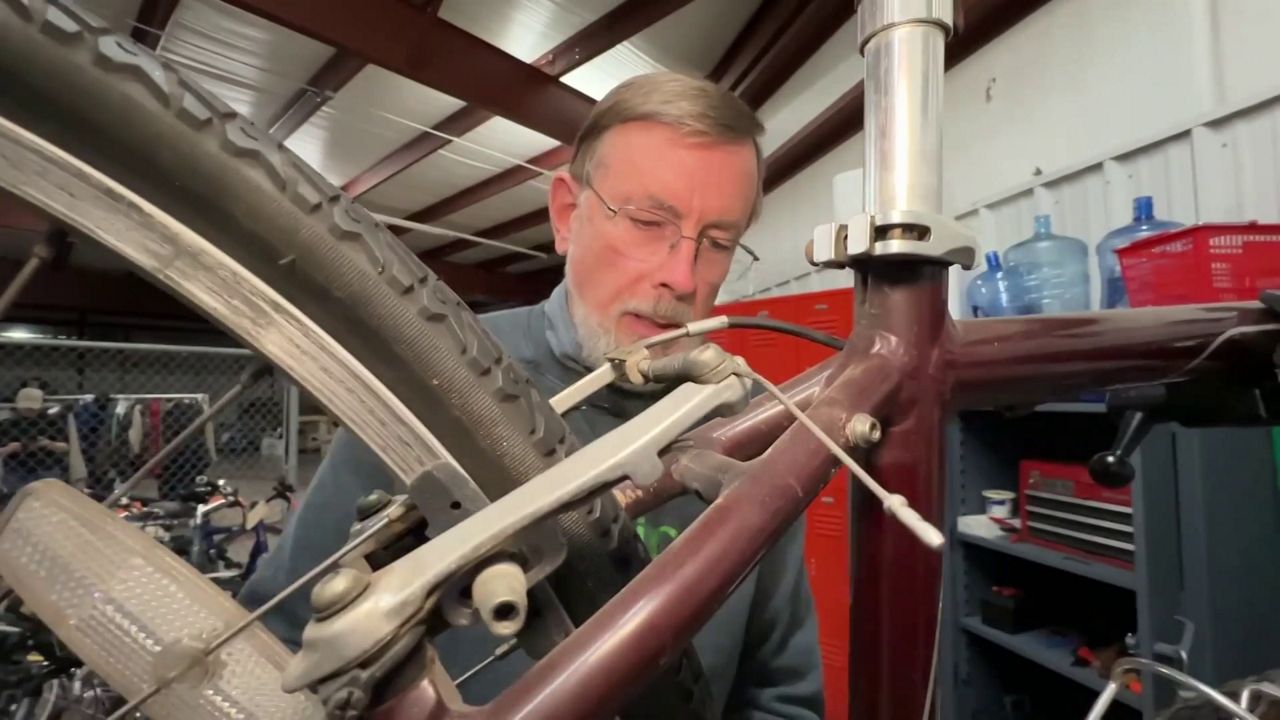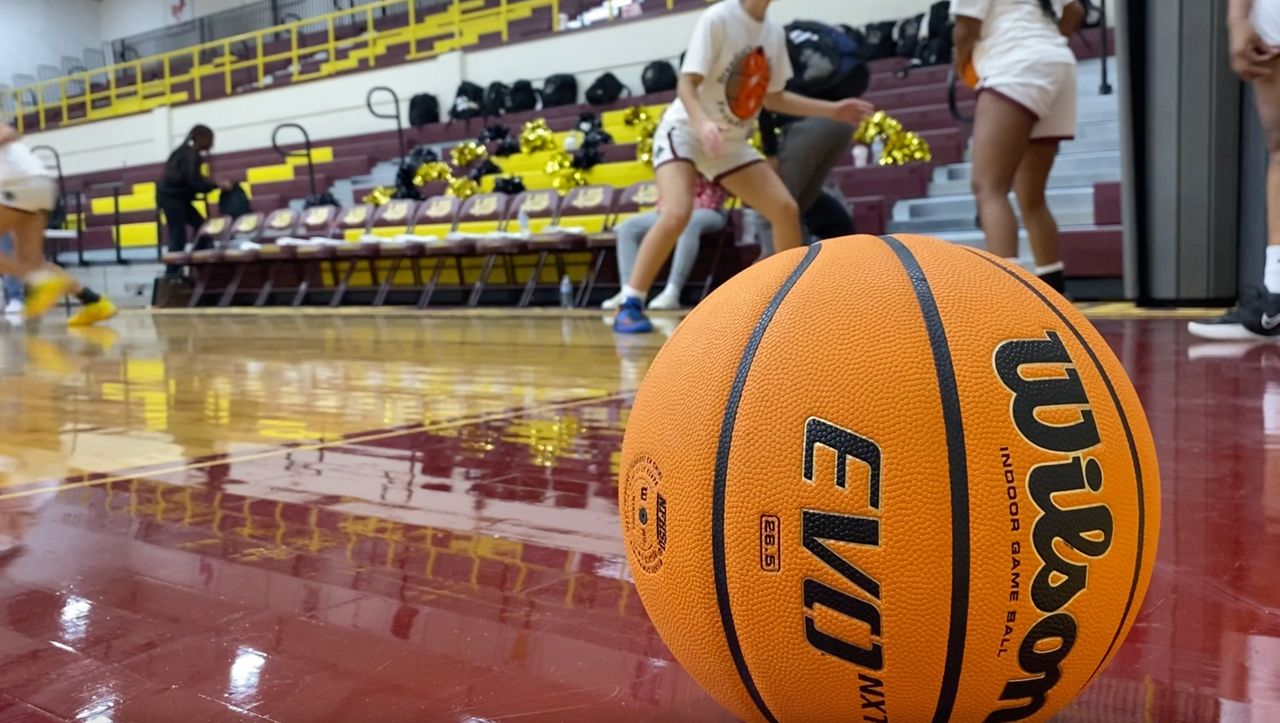UNION COUNTY. N.C. — Battling addiction is no easy task, but one woman who works at a treatment center is proving a little extra care can go a long way.
What You Need To Know
- Michele Lodge is the women’s program director at Bridge to Recovery, an addiction treatment center in Union County
- She goes above and beyond her job duties, making sure all the women have adequate clothing when they arrive, as well as supporting them during court proceedings
- Lodge struggled with alcohol addiction for more than a decade and believes her experience helps her relate to the other women
At least once a week, Michele Lodge leads a 12-step program for addiction recovery. She helps the group unravel their past and explains how those events impact their lives. Lodge has been working at Bridge to Recovery, an addiction center in Union County, for about a year.
“I am just passing along from one addict to another and sharing the message of the 12 steps, which is to share what you have learned and freely give that to another person,” Lodge said.
Lodge knows the personal struggle. She battled alcohol addiction for more than a decade. She was able to turn her life around when she came to this treatment center, and now she is helping other women like Amanda Nunn do the same.
“When you come in and your addiction is really bad, it’s hard to have any confidence in yourself,” Nunn said. “We are broken and she makes it better. If it were not for her, I would not be alive.”
April Pressley also came to the center a few months ago and says Lodge showed compassion she had never seen before. When Pressley arrived, she only had one outfit.
“I came straight from detox,” Pressley said. “Michele had taken the time to pay attention to my size. She gave me clothes and shoes, everything that I needed.”
Her care goes beyond the treatment center. Lodge has also helped these women through court proceedings. Both of them faced several criminal charges involving illegal drugs.
“I would rather have them go with me and be comfortable in situations like that because no one wants to be at court,” Lodge said.
Lodge believed these women would do better if they continued recovery at the treatment center instead of jail.
“I saw people in the courtroom I was buying drugs from and people I was using with,” Nunn said. “I had a lot of anxiety and she kept me calm and let me know it was going to be OK.”
When women finish their treatment program, they get to sign a board showing their accomplishments. The two women have now been sober for several months and say it’s all thanks to somebody who fought for them.
“We do recovery,” Nunn said. “We have a great chance as long as we work the steps.”
If you know someone struggling with addiction, the SAMHSA’S National Helpline is available for assistance 24 hours a day. That number is 1-800-662-4357. Services during the call are free and confidential.










